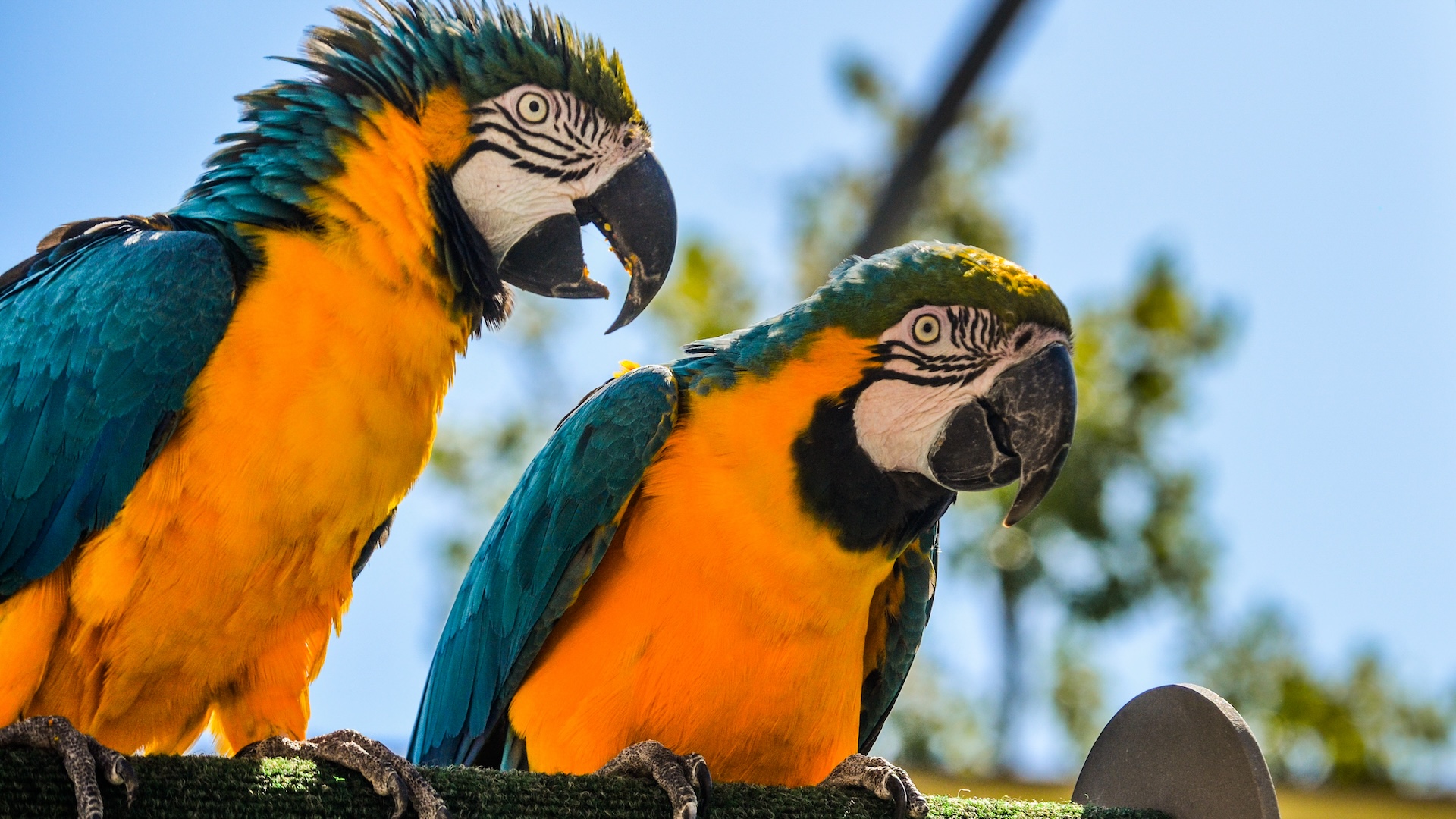Features
Latest Features

Do parrots actually understand what they're saying?
By Marilyn Perkins published
Parrots are prolific vocal learners. But do they actually understand the words they say?

Space photo of the week: Violent galaxies seen 'jousting' near the dawn of time
By Jamie Carter published
The new image shows one galaxy piercing another with intense quasar radiation. Astronomers likened the violent galaxy collision to a medieval joust.

How long can human sperm survive?
By Emma Bryce published
It's a myth that sperm die upon contact with oxygen. In fact, their resilience might surprise you.

Pelican eel: The midnight zone 'gulper' with a giant mouth to swallow animals bigger than itself
By Mindy Weisberger published
Open wide! The gaping gob of a pelican eel can expand into a voluminous sac for trapping elusive prey in the dark ocean depths.

When will the universe die?
By Sarah Wells published
The universe has been expanding for 13.8 billion years, but this may not go on forever. According to some theories, we may be accelerating toward a cataclysmic end.

'Super-vision' contact lenses and bacteria in space
By Pandora Dewan published
Science news this week May 24, 2025: Our weekly roundup of the latest science in the news, as well as a few fascinating articles to keep you entertained over the weekend.

Does time 'go slower' when you're exercising?
By Clarissa Brincat published
Studies find that people's perception of time really does warp during exercise, and the distraction of racing a rival does not fix this distorted perception.

A man held in a sneeze — and it punctured his windpipe
By Nicoletta Lanese published
A man tore his windpipe, in part, due to hay fever.

What is exascale computing?
By Peter Ray Allison published
Exascale computing can process over a quintillion operations every second — enabling supercomputers to perform complex simulations that were previously impossible. But how does it work?

World's largest iceberg, A23a, is disintegrating into thousands of pieces alongside penguin refuge
By Harry Baker published
Earth from space A new satellite photo has revealed that the "megaberg," A23a, is beginning to break apart, spawning thousands of smaller ice chunks around the Antarctic island of South Georgia.
Sign up for the Live Science daily newsletter now
Get the world’s most fascinating discoveries delivered straight to your inbox.
